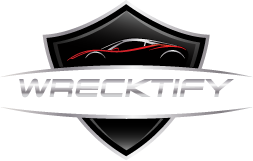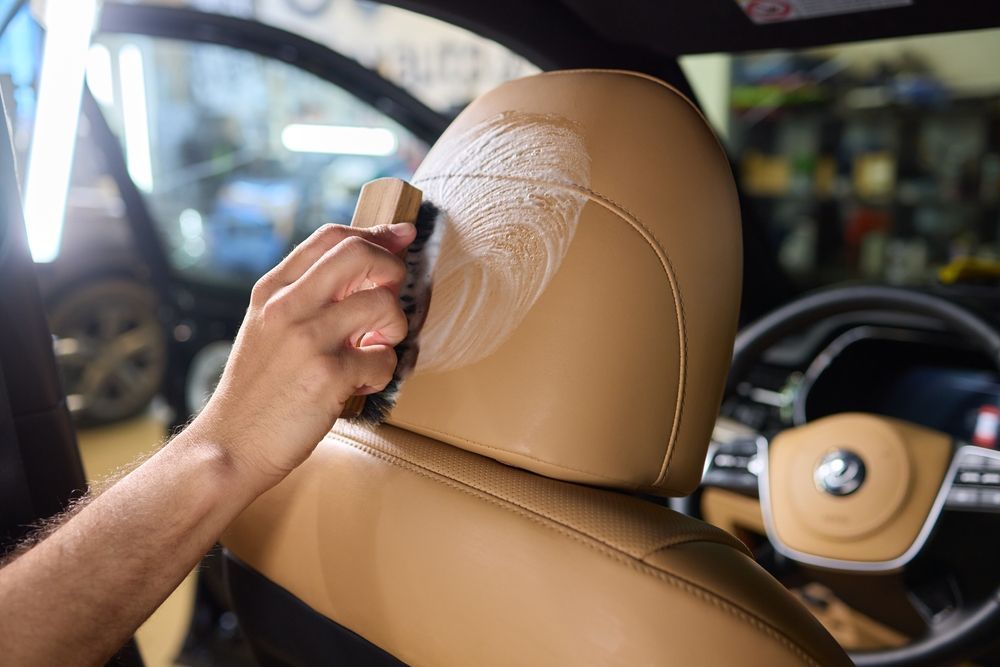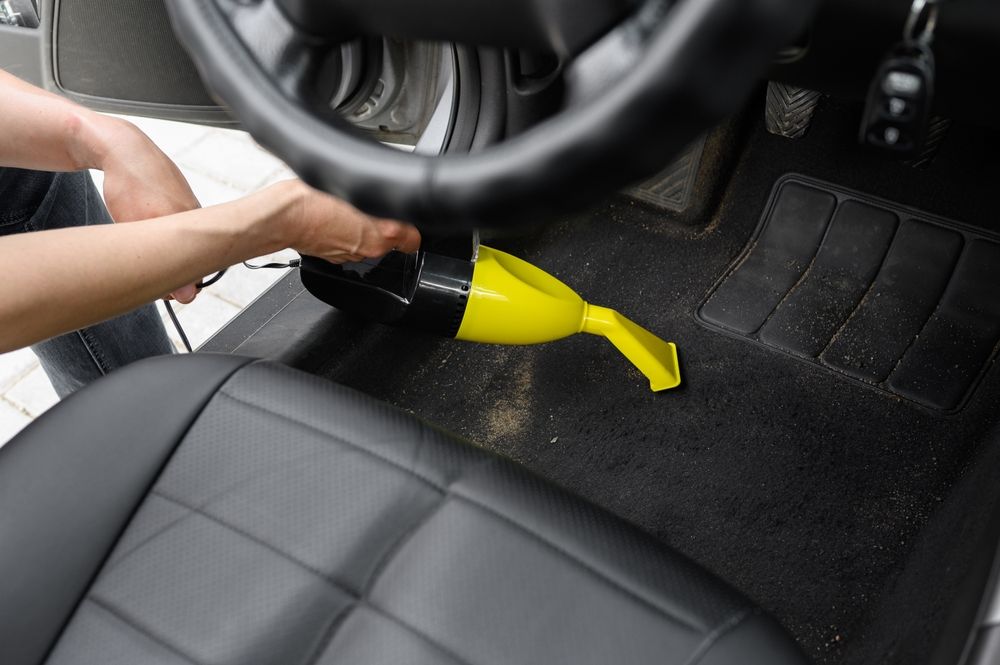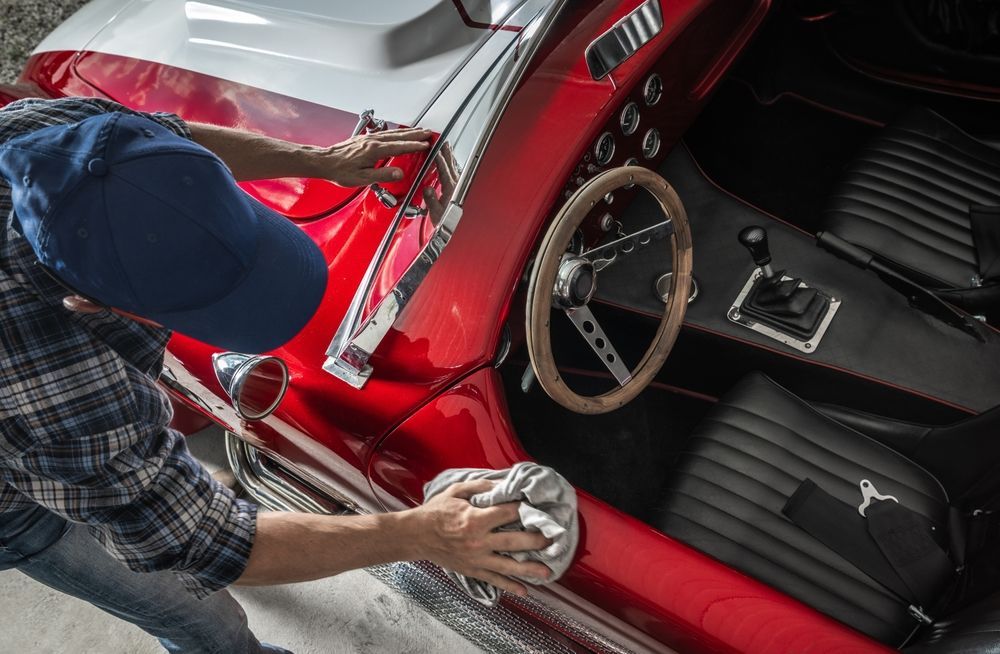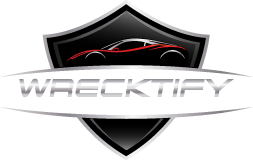Whose Insurance Do I Call After an Accident
Share this article:
Written by: Wrecktify
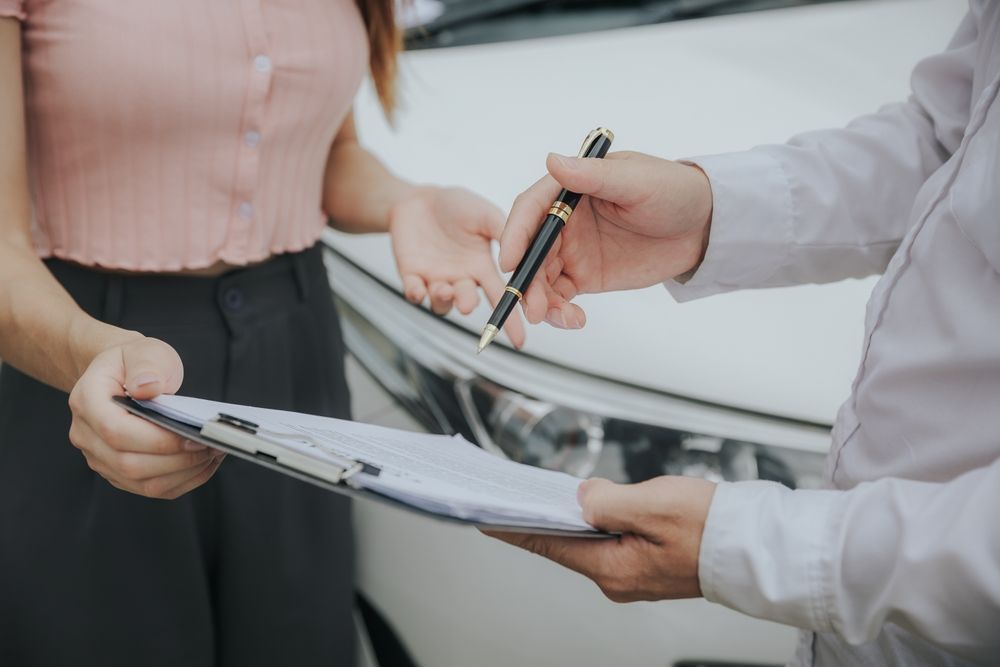
If you've been in a car accident, the first thing you should do is ensure the safety of yourself and any others who were involved. Once that's been taken care of, your focus should shift to assessing any damage incurred and taking the appropriate steps to get your vehicle repaired. An important part of this process is contacting your insurance company to start the claim process.
In this post, we'll discuss the importance of contacting your insurance company after an accident, why you shouldn't speak to the other driver's insurance company, and more. Read on to learn more:
Call Your Own Insurance Provider
After ensuring that you're both physically and mentally OK following an accident, you'll want to call your insurance provider to start the claims process. You should do this whether you believe you're at fault or not. Many people are wary of reporting minor accidents to their insurance companies out of fear that their premiums will skyrocket after filing a claim. However, this isn't always the case. In fact, in many states, insurance companies cannot increase your premiums if you're determined to be not at fault. Either way, keep in mind that it's incidents like this that you have auto insurance.
Gather Essential Information Immediately After the Collision
When you call your insurance company following an accident, you'll want to be prepared with the following information:
- Your policy number
- The location and general description of the accident
- Details of the vehicles involved in the accident and any injuries sustained by either party
- Contact information
- Accident report information from the responding police officer or other authority
Having this information on hand can help you expedite the claims process and get your vehicle repaired and back on the road faster.
Here's a look at some other best practices that you'll want to follow after an accident.
Don't Leave the Accident Scene
Never leave the accident scene before going through the proper process. In most states, leaving the scene of an accident is a crime that's punishable by fines, possible driver's license suspension, and possible jail time. Even if you know you were not at fault, you still must go through the right process following an accident.
Exchange Information with the Other Driver
While it might be a little bit awkward to come together with the other driver following an accident - especially if one of you was obviously at fault - it's important to retrieve some basic information to streamline any necessary next steps. This includes names, phone numbers, and insurance information. If the other driver is being difficult, wait for the police to arrive before you gather this information. The responding officer can help act as the mediator between the two of you.
Take Photos of the Damage
Though an insurance adjuster will likely want to see the damage, capturing your own photos of the damage in the accident's aftermath can help establish another point of documentation. We all have smartphones on us these days that can take high-quality pictures. Assuming your phone wasn't damaged in the accident, be sure to use it to take some pictures.
Contact the Police
Finally, you'll want to call the police to establish a formal record of the incident. The police report can also help determine what driver was at fault, which is key information that your insurance provider will take into consideration when it's time for your policy renewal.
Should You Speak to the Other Driver's Insurance Company?
Whose insurance do I call after an accident? Make sure it's not the other driver's provider.
Many drivers wonder if they should speak with the other driver's insurance company, especially if they believe that they were not at fault. The answer is generally "no." You're under no obligation to speak to any insurance provider other than your own - and doing so may hurt you more than it may help move the process along. If you have to speak to the other driver's insurance company, let your own insurance agent do it.
Here's a look at what may happen if you speak to the other driver's insurance company:
They May Use Mistakes Against You
They could twist your words or ask leading questions to create doubt over who was responsible for causing the accident.
They May Offer a Bribe
They may try to bribe you with some sort of lump sum settlement if you agree not to file a claim.
What Does Insurance Typically Cover in a Collision?
What your insurance will cover following an accident is dependent on your auto policy. While policy requirements vary by state, you likely have some standard universal coverage. This may include;
- Collision coverage helps pay for the repair or replacement of your vehicle following an accident.
- Liability coverage can help pay for any medical expenses of anyone injured in an accident. There's also property damage liability, which provides coverage for any property that was damaged in an accident.
- Uninsured/underinsured coverage, which helps cover any medical costs if the at-fault driver was uninsured or underinsured.
- Medical payment coverage, which also provides medical coverage in the event of an accident.
Make sure to
check with your insurance agent on what your auto policy covers, and how much coverage you have, and to understand any deductibles you'll have to pay before coverage kicks in. Consider also working with your insurance agent to adjust your policy based on any circumstances that have changed since your initial policy was established.
Contact WRecktify Today
For more information on contacting your insurance provider following an
accident and other information you should know, contact Wrecktify today. At Wrecktify Collision, we pride ourselves on working with all insurance companies to help streamline your vehicle repairs and restoration so you can get back out on the road faster.
Contact us today for more information.
Connect with us:
